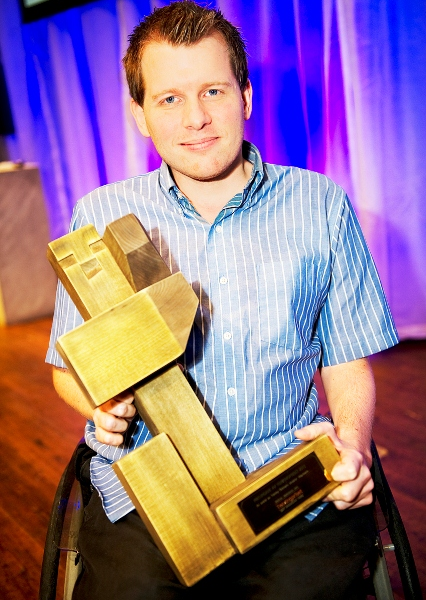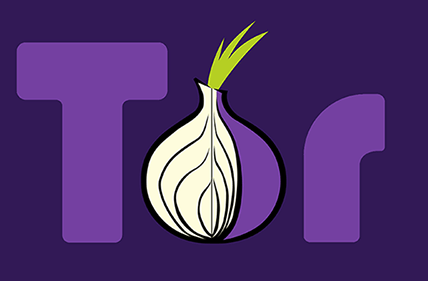Ludvig Strigeus, the brilliant mind behind uTorrent and a co-creator of Spotify, has been honored with the esteemed Polhem Prize for his remarkable contributions to technology innovation. This prestigious award recognizes his exceptional coding prowess, which played a pivotal role in developing two of the most widely utilized applications globally.
Ludvig Strigeus, known affectionately as Ludde in the online world, stands as a rare luminary in the realm of software development, having crafted not one but two groundbreaking applications that have left an indelible mark on global technology.
His first creation, uTorrent, remains etched in the memory of file-sharing aficionados as a pinnacle of efficient torrenting software. Yet, it is his subsequent endeavor that truly propelled him into the stratosphere of tech innovation. With Spotify, Strigeus not only revolutionized the music streaming landscape but also orchestrated a paradigm shift in how we consume and interact with music.
Despite their disparate reputations within the industry, both uTorrent and Spotify share a common genesis — the ingenious coding genius of Ludvig Strigeus. It is a testament to his unparalleled talent that these applications, each catering to vast audiences numbering in the hundreds of millions, bear his distinctive mark.
The intertwined history of these software marvels is a fascinating narrative in itself. Spotify briefly held the reins of uTorrent before its acquisition by BitTorrent Inc., a move that underscored Strigeus’s intrinsic value as a developer coveted by tech giants.
Now, adorned with the prestigious Polhem Prize by the Swedish Association of Graduate Engineers, Strigeus’s legacy is immortalized. His exemplary coding prowess, coupled with his visionary approach to software development, has pushed the boundaries of what we perceive as possible in the digital realm.
As Ulrika Lindstrand, President of the Swedish Engineers union, aptly remarks, “With effective program code, Ludvig Strigeus has pushed the boundaries of what we expect from software in general. His ability to develop advanced applications with surprisingly little computing power is enormously impressive.”

Receiving the Polhem Prize is a crowning achievement for Ludvig Strigeus, marking a milestone in his illustrious career as a developer at the age of 39. For him, the recognition and accolade are not just a validation of his talent, but a testament to his unwavering commitment to technical excellence and innovation.
“It is a fantastic honor for me to receive the Polhem Prize. I have always been driven to delve into technical details, learn new things and find smart solutions to difficult problems, rather than building something primarily to get many users,” Strigeus reflects. “It feels really good that the programs I developed have spread enormously all over the world.”
The Polhem Prize holds a distinguished place in the realm of technology awards, tracing its roots back to 1878. Among its esteemed roster of previous winners are visionaries like Baltzar von Platen and Carl Munthers, celebrated for their groundbreaking refrigerator invention in 1925, and Håkan Lans, renowned for his pioneering work on the GPS-based STDMA tracking system in 1995.
In addition to the honor and prestige, Strigeus receives the coveted golden Polhem medal along with approximately $25,000. While the monetary reward is undoubtedly a welcome bonus, it pales in comparison to the intrinsic value of the recognition itself. For Ludvig Strigeus, whose passion for coding knows no bounds, the journey continues unabated. His recent triumph in the Flareon challenge earlier this year stands as a testament to his enduring dedication and prowess in the field.







